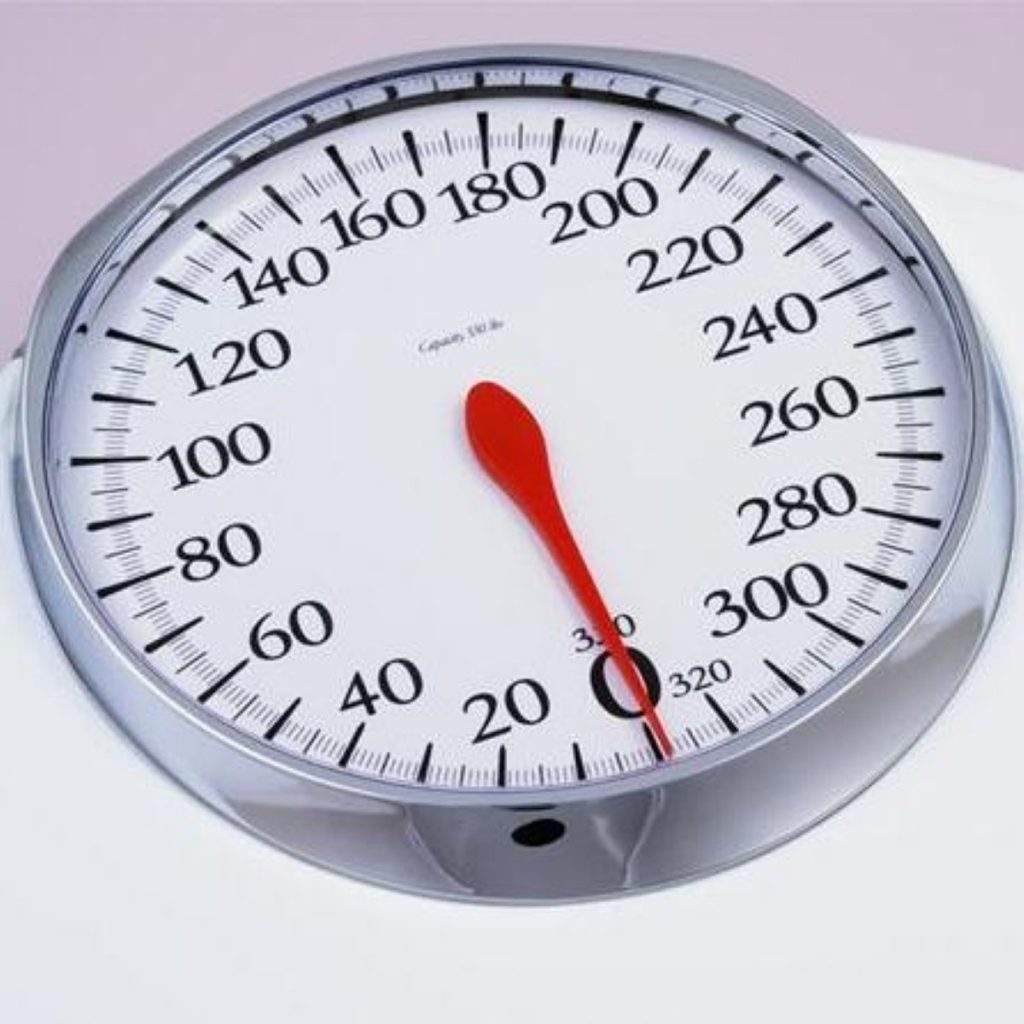Figures reveal UK’s fat future
One third of British men will obese by 2010 unless action is taken to improve the nation’s fitness, new government figures show.
Department of Health (DoH) research reveals that if current trends continue, 6.6 million men will be clinically obese by the end of the decade, up from 4.3 million in 2003.
The number of obese women is set to rise from 23 per cent in 2003, about 4.8 million people, to 28 per cent of the population – almost six million women.
Among young people, the increase is even more pronounced – the percentage of obese girls aged two to 15 is set to rise to 910,000 by 2010, up from 16 per cent to 22 per cent.


The change is less significant for boys but will still result in 19 per cent, or 747,000, being classed as obese in four years’ time.
Health secretary Patricia Hewitt said today’s figures were evidence of a “worrying trend” that could be helped by government initiatives, but which ultimately had to be tackled by a change in individual behaviour.
The DoH has pledged £220 million to improve school dinners, and has banned junk food from the lunch menu, while the Department for Education and Skills (DfES) also has a target to give all school pupils at least two hours of sport a week.
The choosing health white paper published in 2004 cited obesity as one of its six priorities, and included plans to curb the marketing of junk food. Ministers are also working with the food industry to improve the labeling of food and cut salt content.
However, last month Tony Blair stressed that people must take responsibility for their own health, and this message was reinforced this week with the appointment of a new minister, Caroline Flint, responsible for getting people to lead more healthy lives.
Speaking today, Ms Hewitt noted: “In the old days, the big health challenges were infectious diseases like Typhoid and TB, but these days, our health depends much more on what we do for ourselves than on what the NHS does for us.
“That’s why each of us needs to think about how we can lead healthier lives.
“It might be as simple as cutting down on the number of takeaways we eat, saying no to that extra pint of beer, getting off the bus one stop earlier or walking our children to school – all small changes that can make big differences.”
Obesity currently costs the NHS about £1 billion a year, but the economic cost totals about £7 billion when reduced productivity is taken into account.

